
Why Hezbollah's still standing despite Israel assassinating Hassan Nasrallah
Israel’s bloody escalation of violence against Lebanon in the past few weeks has dealt a huge blow to Hezbollah, especially following the killing of Hassan Nasrallah. This started with the explosion of communication devices used by Hezbollah members, including civilians and soldiers, which killed 39 people and wounded several thousands. The attack was followed by a catastrophic bombing campaign which led to the assassination of the party’s high military and political personalities, as well as killing of nearly two thousand civilians and displacing over a million people.
Cult of personality
In the past decades, a cult of personality had developed in the party’s propaganda around Hassan Nasrallah. This was notably reflected in the aftermath of Israel’s war on Lebanon in 2006 when their initial slogan “Al-Nasr al-îlâhi” was changed to “Nasr(un) min Allâh” (A Victory from God), which was an instrumentalization of Hassan Nasrallah’s name. This was part of the cultivation of the leader’s image in the Party’s media campaigns.
Whilst Hezbollah enjoyed significant popularity among other Lebanese religious sects and even across the Middle East and North Africa, Nasrallah’s popularity outside of the party’s base had considerably reduced after the 2006 war. There were a number of reasons for this, including Hezbollah using its military capacities against other national actors. For example, in 2008 the party invaded particular neighbourhoods in West Beirut and military confrontations occurred in other regions, notably in the Chouf, after the Lebanese government announced that it wanted to dismantle the party’s communications network.
In addition to this, the Party later participated in the bloody repression of the Syrian uprising alongside the despotic Syrian regime, which also created sectarian tensions in Lebanon.
Hezbollah has also been amongst the parties considered responsible for the economic and financial crisis of 2019 as it has been part of every national unity government since 2005. Nasrallah vehemently opposed the protest movement that year, and went as far as accusing those taking to the streets of being financed by foreign embassies. Hezbollah members were even sent to attack the demonstrators.
Over the past few years Hezbollah members have been involved in several sectarian tensions with members of other religious sects, and has been accused of being one of the main actors obstructing the investigation into the explosions at the port of Beirut in August 2020.
For all of these reasons, Hezbollah has grown more and more politically and socially isolated outside its Shi’a popular base. Rather than being seen as a national resistance figure, Nasrallah was also increasingly perceived as a sectarian “Zaim” defending his party’s own political interests and those of authoritarian regimes, like Syria and Iran.
It is this isolation that has contributed to the party wanting to avoid a total war with Israel following 7 October. By adopting calculated and moderate action against Israeli military targets, Hezbollah has attempted to prevent the conflict from being exploited by internal political enemies within Lebanon, as this would in turn make the party the main actor responsible for all the country's misfortunes. However, Israel’s current war on Lebanon, with the support of the USA, has severely undermined this plan.
What now?
In this context, Hezbollah’s officials are trying to demonstrate that the party is continuing in the former party secretary general’s path following his assassination and that of a number of high military and political cadres. The interim leader Naim Qassem stressed this to supporters and members in his speech, when he declared: "We continue Hassan Nasrallah’s footsteps".
For Hezbollah, the priorities are now to firstly protect its internal structures and chain of commands, including by filling the void at the top of the party regarding the various political and military responsibilities, and electing a new secretary general.
Secondly, the Party seeks to maintain its objectives regarding the war with Israel: no separation of the Gaza and Lebanese fronts until a ceasefire in the Gaza strip, and to maintain and protect its military infrastructures and capacities, including long range missiles and rockets, from Israel’s attacks and ground offensives.
It is important to note that despite the considerable blows, the Party still currently remains the most important political actor in Lebanon. It also maintains an influence exceeding its national borders, particularly in Syria, also representing Teheran’s political regional interests.
Indeed Hezbollah’s military capacities remain as their key assets, despite Israeli infiltration, a weakening of internal communication, and a large number of their military experienced commanders having been assassinated. Notably, it has a vast arsenal of rockets and missiles. For the first time since 7 October, the Party recently used various Fadi missiles (middle-range missiles), to strike military sites in the outskirts of the cities of Haifa and Tel Aviv. Furthermore, during the Israeli army’s initial attempts to infiltrate Lebanese territories, Hezbollah’s soldiers destroyed their Merkava tanks, injuring and killing some of their soldiers.
Alongside its armed movement, the party has a large network of institutions providing key and essential services, though this has partially been undermined by the war and consequently the ever-increasing needs of the population. In this context, Hezbollah’s popular base will most probably remain – especially in the absence of an inclusive political alternative and in the midst of a continuous economic crisis with a non-functioning state.
On the regional level, Hezbollah still benefits from the support of Iran, even if the strength of this has been undermined amongst sections of the party following Israel’s recent assassinations and destruction. Indeed, Teheran’s strategic objectives, particularly since 7 October, have been to improve its regional geopolitical position in order to strengthen their future negotiating power with the US on nuclear issues and sanctions. They also see this as a way of guaranteeing political and security interests, whilst preventing a direct regional conflict with Israel and the US.
Iran’s latest retaliation against Israel, which has not resulted in significant damages, should be seen in this framework. Of course through this they have also attempted to reaffirm a form of deterrence, although it’s been unequal compared to the superiority of Israeli military capacities and the support provided by Washington. Moreover, this won’t stop Israel’s war on Lebanon.
It is fair to say that Hezbollah is in the most dangerous situation since its foundation, which is unlikely to improve soon given Israel’s continued attacks, and the party's isolation within Lebanon.
While the main strengths of the movement has been to build a strong and disciplined organisation, and not a “one man show” - despite the cult-like support for Nasrallah, the party’s ability to widen its base is very much restricted by its political strategy and orientation. Hezbollah has not been engaged in building a counterhegemonic project that challenges the Lebanese sectarian and neoliberal system. In fact, it has actively sustained it by becoming one of its main defenders.
Moreover, the party has been acting as the leading nexus of Iranian influence and interests in the region, particularly following the eruption of uprisings in Syria and across the Middle East and North Africa since 2011, which also promotes a neoliberal authoritarian order opposed to the emancipation and liberation of the popular classes.
In other words, Hezbollah, like other regional political actors involved in the resistance against Israel, is incapable of building a large movement linking democratic and social issues, opposing all imperialist and sub-imperialist forces, while promoting social transformation from below through the construction of movements in which the popular classes are the real actors of their emancipation.
Joseph Daher teaches at the University of Lausanne, Switzerland, and the University of Ghent, Belgium. He is the author of Syria after the Uprisings, The Political Economy of State Resilience ; Hezbollah: the Political Economy of Lebanon’s Party of God; Marxism and Palestine.
Follow him on Twitter: @JosephDaher19
Have questions or comments? Email us at: editorial-english@newarab.com
Opinions expressed in this article remain those of the author and do not necessarily represent those of The New Arab, its editorial board or staff.

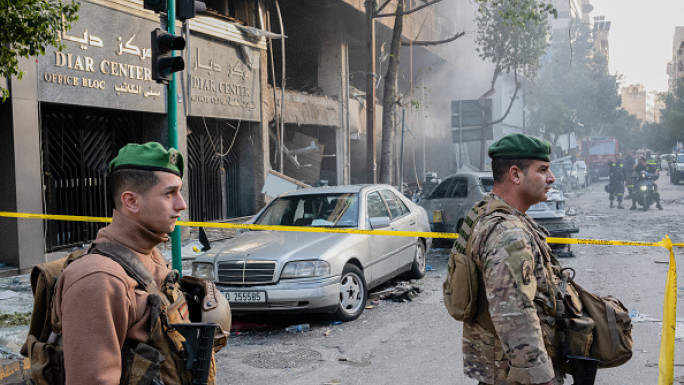
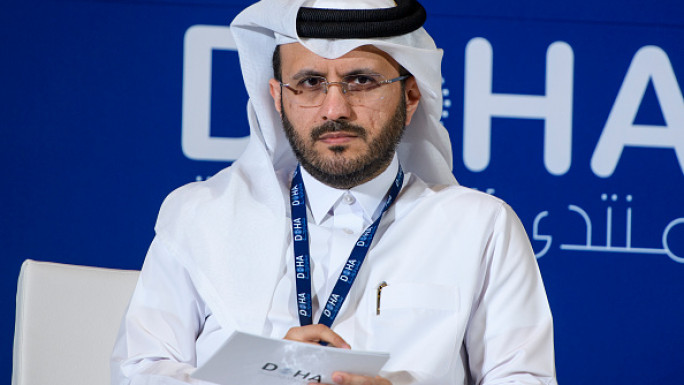
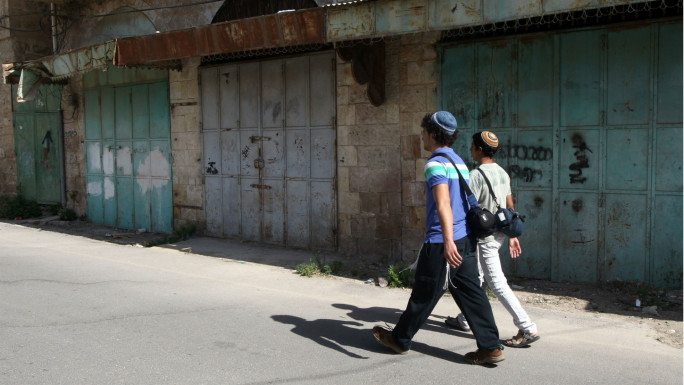
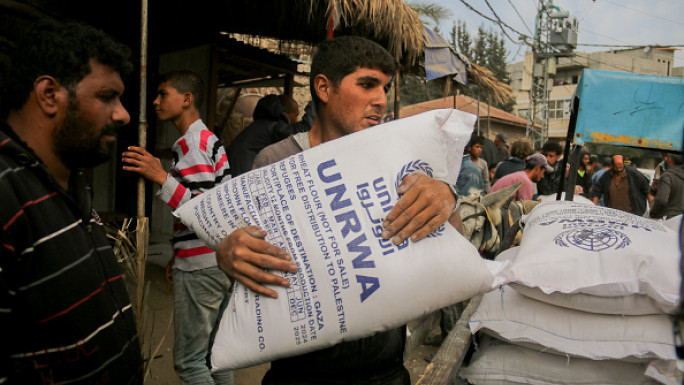
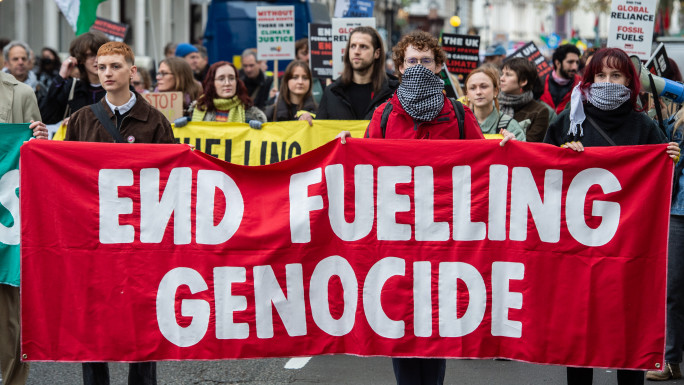
 Follow the Middle East's top stories in English at The New Arab on Google News
Follow the Middle East's top stories in English at The New Arab on Google News


